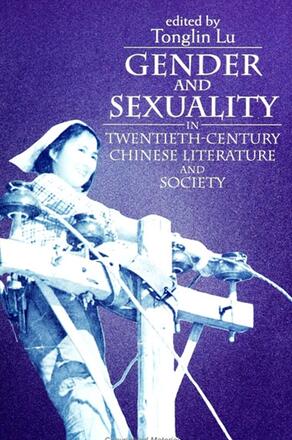
Gender and Sexuality in Twentieth-Century Chinese Literature and Society
Alternative formats available from:
Description
"Only women and inferior men are difficult to deal with." — Confucius
Two thousand years after Confucius, the contributors to this book ask if Chinese women have succeeded in changing their status as the equivalent of "inferior men." Gender and Sexuality in Twentieth-Century Chinese Literature and Society approaches the role of women in social change through analyzing literature and culture during the May Fourth and the Post-Cultural Revolution periods.
Tonglin Lu is Assistant Professor of Asian Languages and Literature at the University of Iowa, Iowa City.
Reviews
"I believe this to be a path-breaking book in its overall contribution. The scholarship is sound, the presentations (intepretations) are interesting, and the book raises questions of import for both the specialist and the general reader. Aside from an earlier book by one of the contributors (Rey Chow), I can think of no other book in the field of modern Chinese studies that offers with the sharpness that this book does feminist perspectives on modern Chinese literature and, going a bit further, on our appreciation of modern China in general." — Arif Dirlik, Duke University